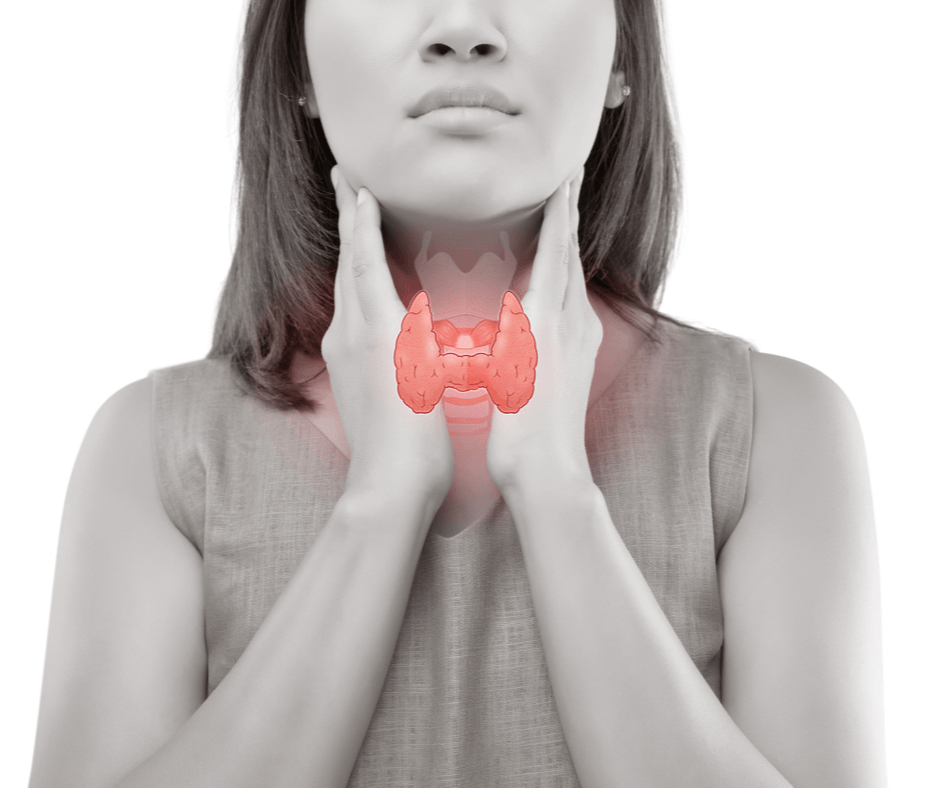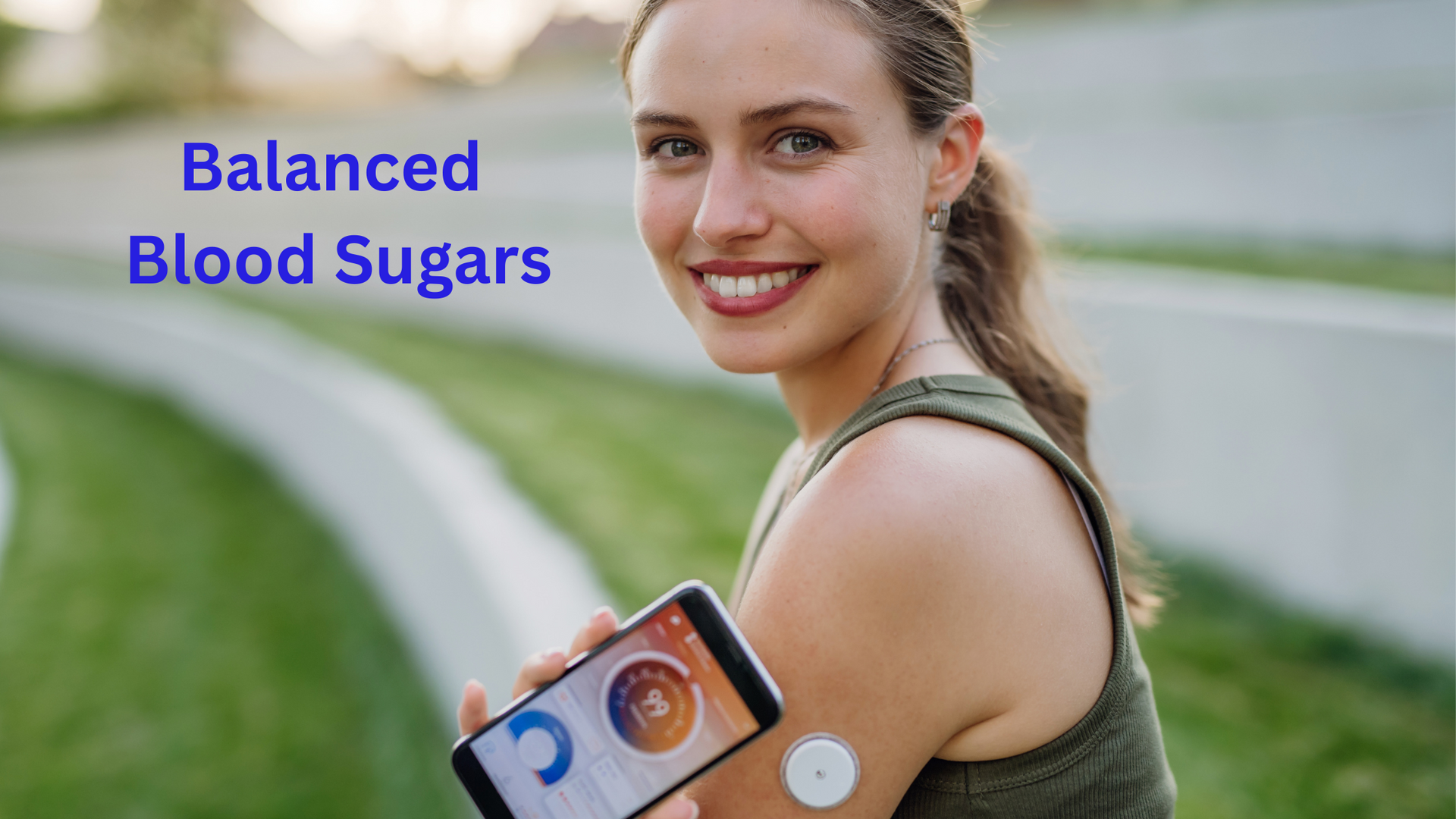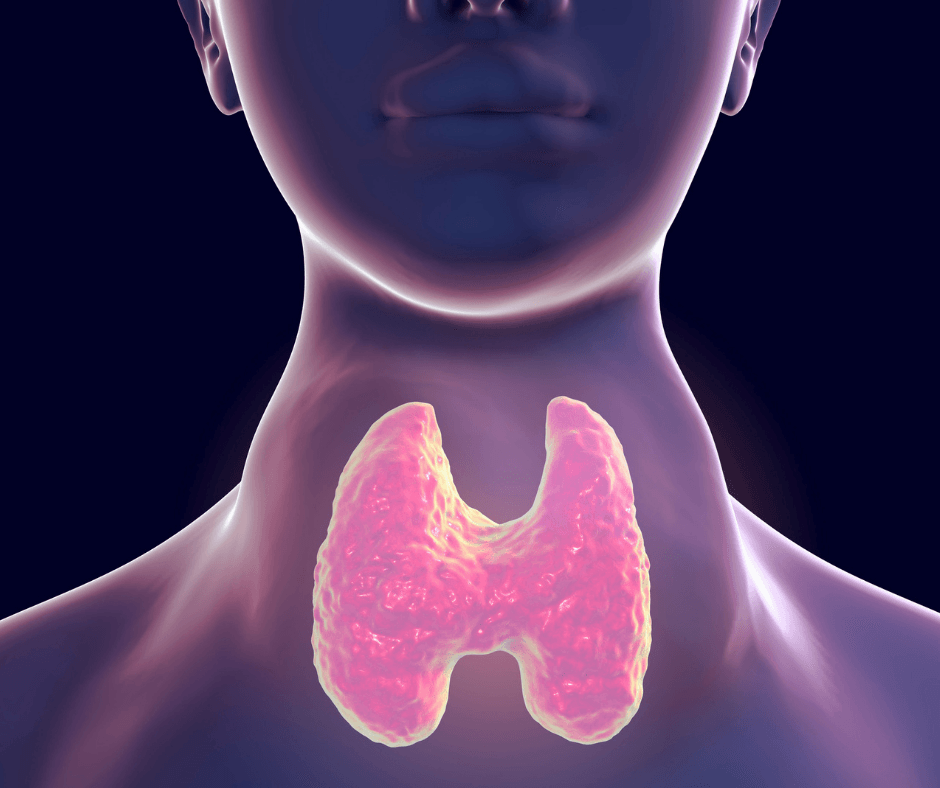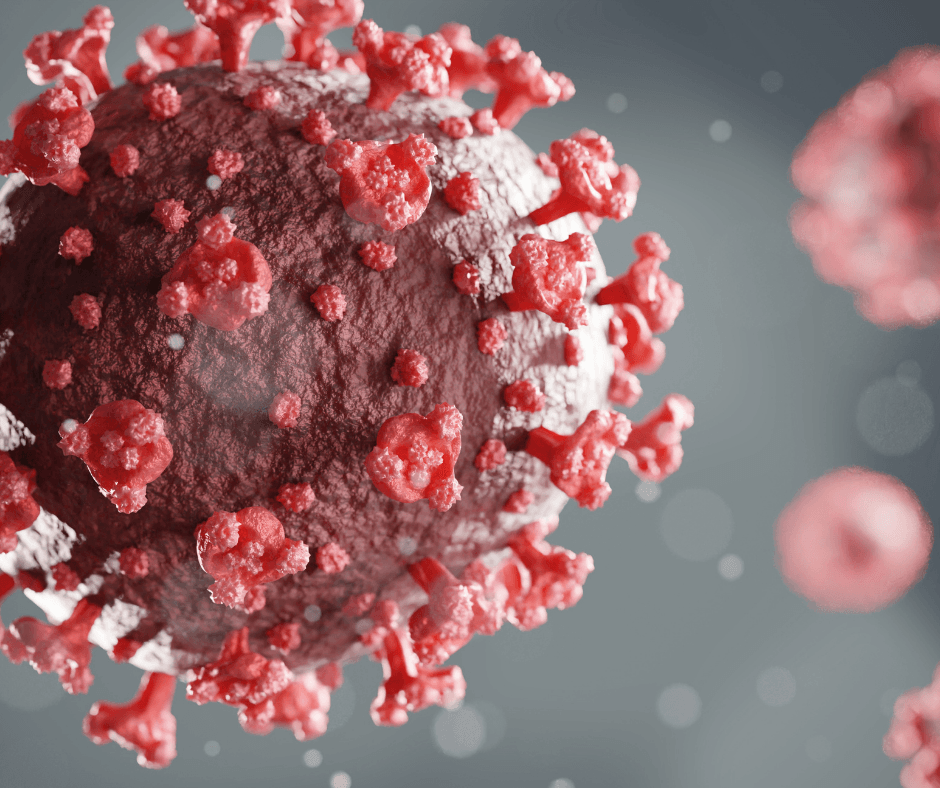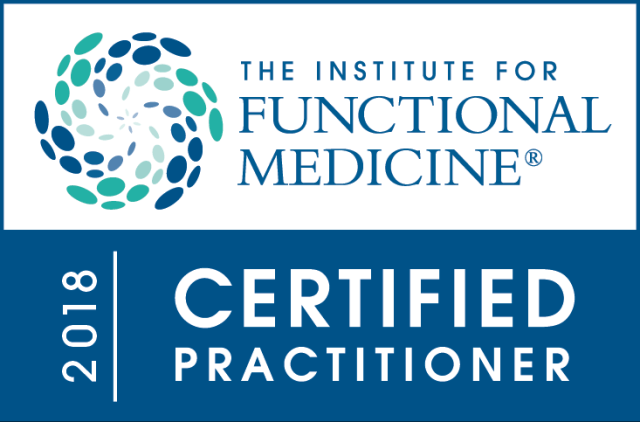By Dr. Shannon Evans, DO, IFMCP
•
October 3, 2025
What is Periomenopause? A part of a woman’s life cycle that happens before menopause. Since every woman is unique and an individual, perimenopause can be drastically different for each woman. It can start as early as 35 years old for some women. It can last between 4 to 10 years on average before menopause. Usually occurs when progesterone levels start to decrease and eventually estrogen and even testosterone can decrease. For some women it can be very subtle, but for most women it can be a time filled with chaos, unpredictability and frustration. If you have other underlying medical issues that have not been addressed find the root cause(s) of your issue(s), these medical issues can get exasperated by perimenopause. Some women have not even heard of the term perimenopause and other women have, but have no idea about it. Were you lucky enough to hear about this from other women in your life? After so many women have been so quiet & silently suffering, more studies are finally being done on perimenopause. More physicians are talking about it and more women are vocalizing that their bodies are changing and they need answers and help! Yay! What are some common symptoms? As women, we are all different and unique; you may very well have symptoms that are entirely different than the symptoms experienced by your friends, mom, sister or grandmother. Here are some of the most common symptoms: Sleep changes (not for the better!): Difficulty falling asleep or staying asleep. Feeling hot, hot flashes, night sweats Tired Changes in menstrual cycle Migraines Weight gain with no change in lifestyle (lots of women experience more weight gain in the mid-section) Vaginal/vulvar dryness Mood changes/mood swings/depression/anxiety (Do you or does your family feel like you are going crazy?) Hair loss Acne Brain fog (Do you feel like you are losing your mind?) Difficulty concentrating The list goes on and on… Should you just wait it out and suffer? Absolutely NOT! Is sex hormone replacement the answer? Sex hormone replacement (commonly referred to as HRT or bHRT) can be very helpful for some women. It is not going to completely fix everything, especially if you have underlying medical issues that have never been addressed at the root cause level. Your body’s basics need to be working well and getting the TLC they deserve for your sex hormones to be working optimally. Why do the basics need to be working well to address your sex hormones? Your body works together as a whole, not as separate systems, so you need your whole body in balance to have your sex hormones in balance. Why working on the basics matters: Gut health : includes your liver, which is super important to process or metabolize your sex hormones! If your gut health is off, your sex hormones are going to be messed up! Adrenal health : If your body is stuck in survival mode (fight or flight) it is not going to focus on making and using sex hormones. If you are stressed more than relaxed, then your adrenals will be pushing out a lot of stress hormones, which causes inflammation. Thyroid health : Thyroid issues can cause menstrual irregularities, decreases in estrogen and progesterone. Your thyroid can pretty much control your whole body, so having an optimally working thyroid is imperative! Inflammation status : If your body is constantly inflamed, your body is in survival mode and is not going to have the capacity to work on sex hormones much! Most of your immune system is located in your gut, so if you have inflammation, working on your gut health is key! Sleep : Are you burning the candle at both ends? You are not going to be able to get away with less sleep like you did in your 20s. Did you know that women need more sleep than men? Sleep is the foundation for your health. Sleep is where your body gets rest, restoration happens and lots of detoxing happens. Sleep is also important for optimal metabolism. Every part of your body functions better with optimal sleep. Stress : I don’t have to tell you this: Life is stressful! How your body deals with stress matters! If your body feels the affect of all the stress, this is not helpful and is quite hurtful to you. Finding out ways to destress is so important. Are you taking enough time for self care? Are you taking time to get in enough rest and sleep? Nutrition : What you are putting in your body can either be your best medicine or worst nightmare! Are you staying hydrated with enough water daily? Are you eating God made foods and staying away from processed foods? Your goal is to fuel your body with the nutrients it needs for optimal health. During this stage in your life and for the rest of your life, protein will be your friend and needed more than the early stages in your life. Research has shown that after the age of 30 years old, you begin to lose muscle mass at a rate of 3-8% per decade and this rate accelerates after you are 60 years old. If you really focus on your protein intake and supporting your skeletal muscles, you can fight this statistic! Protein is the building block for your skeletal muscle. Your skeletal muscle is referred to as the longevity organ and here are the reasons why: key to a peak-performing metabolism, burning fat, hormone balance, keeping your bones strong, balancing your blood sugars and so much more... Exposure to toxins : What are you using and putting on your body? Is it filled with chemicals that can cause inflammation and chemicals that disrupt your endocrine system causing an even bigger disaster to your sex hormone health? Perimenopause can be very overwhelming. You are not alone! If you are not sure where to start—take a stand to work on one step at a time. If you are not taking time for sleep—work on adding in more sleep. If you are not staying well hydrated with water, work on getting in more water daily. The goal is not to cause you more stress by changing too many things at once. If you are highly motivated to get to the root causes of your medical issues and perimenopause, schedule a call with either Stephanie or Sara, so New Beginnings can learn more about you, your goals and you can learn how our clinic partners with you! References: https://www.ifm.org/articles/sex-hormones-and-the-gut-microbiome https://www.sciencedirect.com/science/article/pii/S240565452030144X https://pmc.ncbi.nlm.nih.gov/articles/PMC4600502/ https://my.clevelandclinic.org/health/body/23005-adrenal-gland https://pmc.ncbi.nlm.nih.gov/articles/PMC4743370/ https://newsinhealth.nih.gov/2013/04/benefits-slumber
